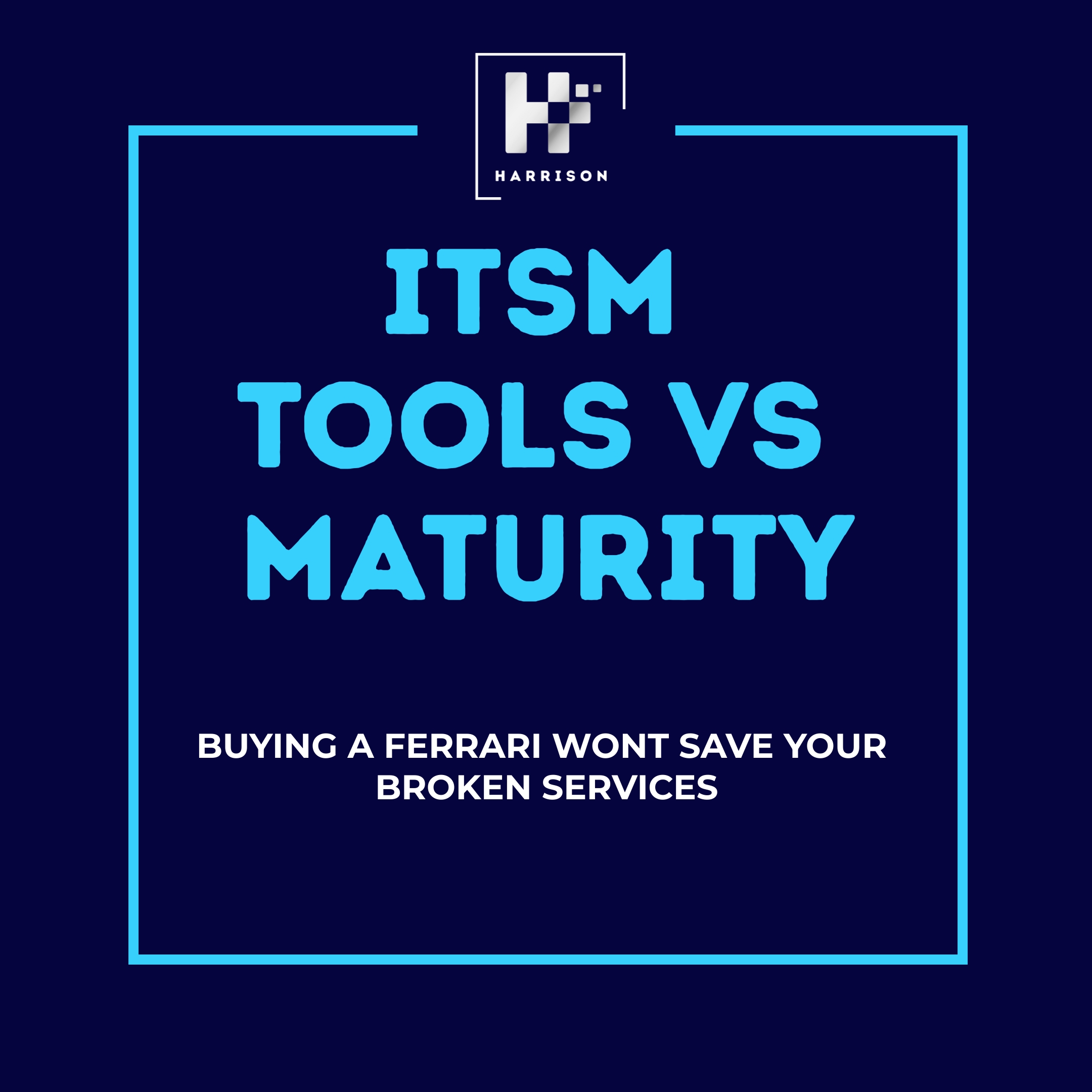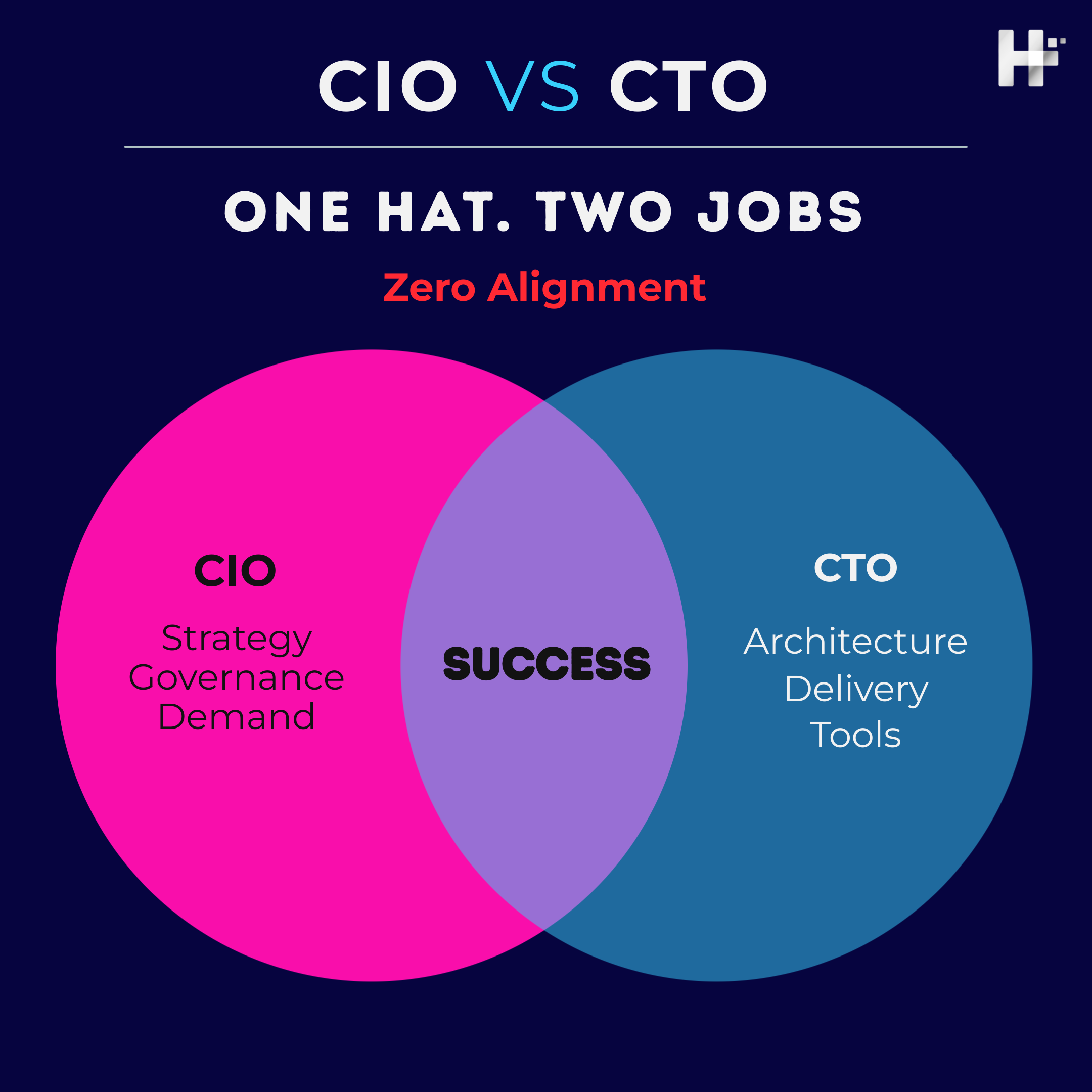ITIL Service Transition — Managing Change Without Losing Control
Everyone talks about change management. But no one talks about transition.
And that’s a problem — because most IT failures don’t come from rogue deployments. They come from rushed, half-baked transitions that leave teams blind and unsupported.
Service Transition is where theory hits reality. It’s where the service proves whether it can survive — or implode.
This isn’t paperwork. It’s where you make or break operational stability.
The Real Problem: We Confuse ‘Go Live’ With ‘Ready’
Here’s the game that gets played:
-
Solution is built.
-
UAT passes (barely).
-
Stakeholders nod. Project team high-fives.
-
Ops team gets a handover doc. Maybe.
And then the incidents begin.
Support isn’t ready. Monitoring is misconfigured. SLAs aren’t realistic. Knowledge base is empty. The service lands like a grenade.
There was no controlled transition. Just a release and a prayer.
✅ The Good: When Transition Is Treated Like a Controlled Change
In high-performing orgs, Service Transition is governed like any major programme:
-
Ops are involved early — not handed a grenade.
-
Go-live criteria are non-negotiable.
-
Roles, RACI and escalation are baked in.
-
Training is planned and delivered.
-
Runbooks and KBs are validated.
-
SLAs are tested and monitored.
-
Hypercare is real — with ownership and funding.
Transition is a managed evolution, not a chaotic launch.
❌ The Bad: When ‘Go Live’ Means ‘Good Luck’
We see this far too often:
-
Support teams find out after go-live.
-
Monitoring tools don’t know what to track.
-
Business expectations aren’t aligned.
-
SLAs exist, but are unachievable.
-
Knowledge is tribal, not documented.
This isn’t just risky. It’s irresponsible.
🧠 CIO WAR CHEST: Questions That Define Real Transition
-
What are the go-live readiness criteria — and who signed them off?
-
Ask: Transition Manager, Project Lead
-
Data: Readiness checklist, sign-off logs
-
-
Which ops teams were trained — and what artefacts did they receive?
-
Ask: Ops Manager, Service Owner
-
Data: Training decks, knowledge base audit, Problem Management Known Errors
-
-
What’s the Hypercare model — and who owns the escalations?
-
Ask: Service Manager
-
Data: Hypercare RACI, escalation logs
-
-
Are the support SLAs tested — and do they match reality?
-
Ask: Service Desk Lead
-
Data: SLA report, live Service Readiness test results
-
-
What monitoring exists — and was it tested pre-launch?
-
Ask: Observability Lead, Event Manager
-
Data: Alert dashboard, test incident reports, Event plan,
-
🧨 Transition Isn’t Optional — It’s the Control Layer Between Chaos and Competence
Go-live without a real transition, and you’ll bleed credibility fast.
As CIO, it’s your job to insist on a structured, supported, and fully tested transition process — or own the mess that follows.
🚀 Need Help Making Transitions Stick?
We help CIOs turn transition from checkbox to control layer — aligning teams, artefacts, and readiness across the lifecycle.
Follow us
Latest articles
February 26, 2026
February 26, 2026
February 26, 2026
February 26, 2026
February 26, 2026
February 26, 2026








